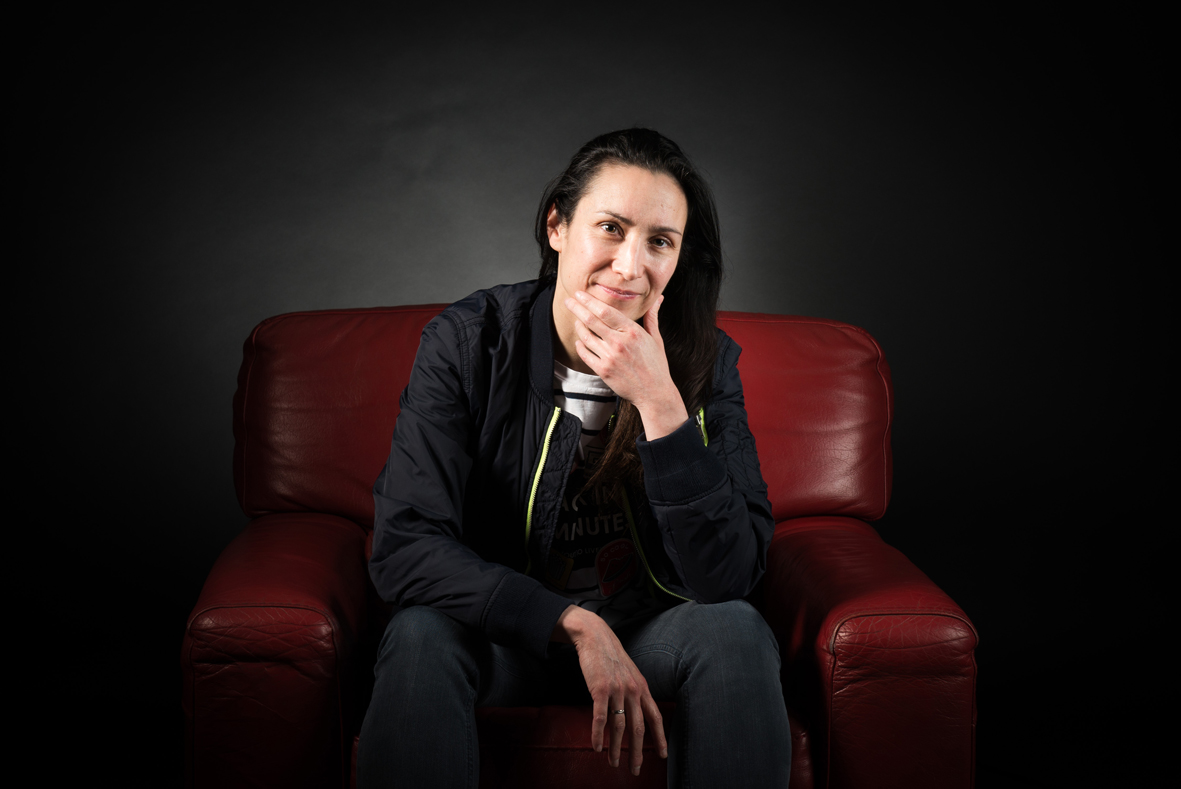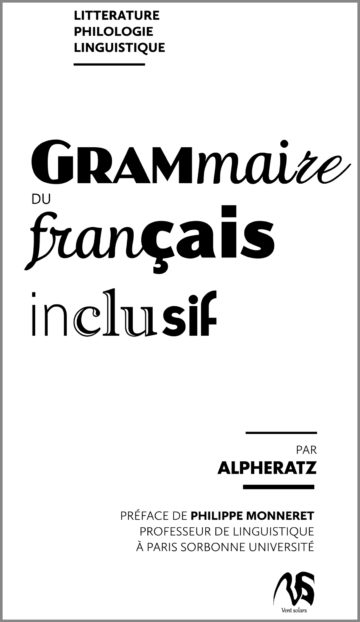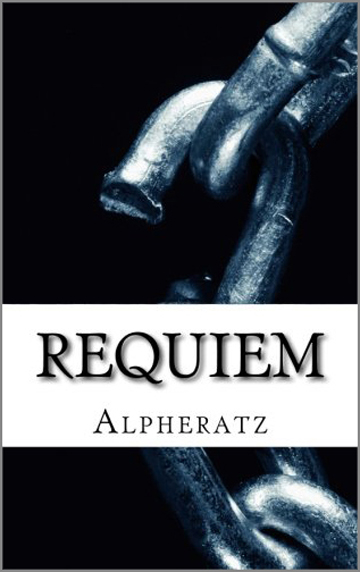
Photo credit © Jezper / 123RF
Overview

Alpheratz is a PhD student and researcher on inclusive French and the neutral gender under the direction of linguist Philippe Monneret.
In 2015, they published “Requiem”, a novel that (re)introduces the neutral grammatical gender into French literature and develops it through a system called the.
Their research allowed them to develop a gender-neutral lexicon and to conceptualize inclusive French in “Grammaire du français inclusif” (“Inclusive French Grammar”), published by Editions Vent Solars in 2018.
This site presents the broad outlines of their work in literature and linguistics as well as their meetings. The original is written in inclusive French and translated into inclusive English whenever possible (quotations remain in their original form).
Alpheratz’s gender identity is expressed by the use of the pronoun al or iel in French (they/them in English) and by gender agreement with the neutral form, or the masculine form if the neutral form is not known.
Alpheratz’s literary and/or linguistic work is cited by:
The CheckNews service of Libération « «Mapa», «neuternité», «confux» sont-ils vraiment des «nouveaux mots» de l’écriture inclusive ?» (“ “Mapa”, “neuternité”, “confux” are they really the “new words” of inclusive writing?”)
Marie-Françoise Berthu-Courtivron, Lecturer at the Université Rennes 2, Bretagne (France)
“This grammar is a wonderful work that reads like a novel.”
Josiane Boutet, Professer Emeritus at Sorbonne-Paris, director of the journal “Langage et Société” (“Language and Society”) in Langage et Société 2020/3 (N°171), review by Alain RABATEL and Laurence ROSIER (eds.), « Les défis de l’écriture inclusive » (“The Challenges of Inclusive Writing”), Le discours et la langue 11 (1), 2019, 187 pages, p.221
Revue H-France Salon Volume 11 (2019) Issue 14 : Legitimizing ‘iel’? Language and Trans Communities in Francophone and Anglophone Spaces
Le masculin l’emporte : évolution des stratégies linguistiques dans les associations LGBT+ en France
(The Masculine Prevails: Evolution of Linguistic Strategies in LGBT+ Associations in France)
by Flora Bolter, Fondation Jean Jaurès
In the same issue:
Beyond ‘French-American’ Binary Thinking on Non-Binary Gender
by Louisa Mackenzie, University of Washington (Seattle, USA)
In the same issue:
Linguistic Uprisings: Toward a Grammar of Emancipation
by Luca Greco, Université de Lorraine, Metz
In the same issue:
Les personnes non binaires en français : une perspective concernée et militante
(Non-Binary People in French: A Concerned and Activist Perspective)
by Florence Ashley, McGill University (Montréal, Québec)
In the same issue:
Transnational Reflections on Embodying Non-Binary Pronouns
by Logan Natalie O’Laughlin, Duke University (Durham, NC, USA)
In the same issue:
Assignée garçon or Grappling with the trans question in the French language
by Vinay Swamy, Vassar College (Poughkeepsie, NY, USA)
La Nouvelle République
Reprise de saison des résidences à La Pratique
(Resumption of the residency season at La Pratique)
Présentation de la Grammaire du français inclusif à l’issue de la pièce X de la Compagnie Iel
(Overview of Inclusive French Grammar in the Play X by the Iel Company)
Artistic workshop La Pratique in Vathan (36), April 26, 2019
Simonæ
Nommer c’est exister : Alpheratz et le troisième genre
(Naming is existing: Alpheratz and the Third Gender)
by Paulinepauline, illustrated by Jeannedanslajungle, April 15, 2019
Alternatives économiques
De nombreuses alternatives existent pour éviter un langage sexiste
(Many Alternatives Exist to Avoid Sexist Language)
by Céline Mouzon, January 31, 2019
Rivista Internazionale di Tecnica della Traduzione / International Journal of Translation 2018 (20), 27-41
Femme, j’écris ton nom… ? Écriture inclusive, j’écris ton nom ? La visibilità linguistica delle donne nel mondo vario delle lingue francesi
(Woman, I Write Your Name…? Inclusive Writing, I Write Your Name? The Linguistic Visibility of Women in the Various Worlds of French Languages)
by Nadine Celotti, IUSLIT-Università di Trieste
4e Colloque international de néologie des langues romanes (4th International Conference on Neology of Romance Languages)
De la féminisation des noms de métiers à l’émergence d’un genre neutre en français : quelles néologies ?
(From the Feminization of Job Titles to the Emergence of a Neutral Gender in French: Which Neologisms?)
by Gabrielle Le Tallec-Lloret, Université Paris 13, Villetaneuse
Colloque international de l’AFSSA – Association for French Studies in Southern Africa, Dialogues, Differences, Trangression – Rhodes University, Grahamstown, South Africa, August 29-31, 2018
« Identité exclusive vs langue inclusive : la transgression dans Requiem d’Alpheratz »
(“Exclusive Identity vs. Inclusive Language: Transgression in Requiem d’Alpheratz”)
by Gabrielle Le Tallec-Lloret, Université Paris 13, Villetaneuse
Erudit
Qui est-ille ? Le respect langagier des élèves non-binaires, aux limites du droit
(Who Are They? Linguistic Respect for Non-Binary Students, at the Limits of the Law)
by Florence Ashley
Genres
Autrice plutôt qu’auteure : démytifier les histoires
(Authoress Rather Than Author: Demystifying Stories)
by Les Plumes du SLL
Le genre au quotidien
A l’école de la République
(At School in the Republic)
by Cléo Schwindenhammer
GISS | Alter Corpus
Les droits des personnes intersexuées
(The Rights of Intersexual People)
by Benjamin Moron-Puech
Paris Match
Ecriture inclusive entre attirance et répulsion
(Inclusive writing between attraction and repulsion)
by Sophie Weverbergh

